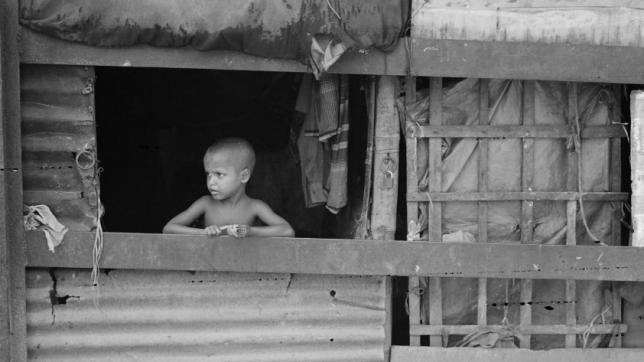RIP to GDP? Not So Fast
Recently, David Pilling had a write-up entitled “Do we need to say RIP (Rest in Peace) to GDP?” The write-up draws on his latest book The Growth Delusion on which he recently spoke at the Oxford Literary Festival.
In the write-up, the author has made five important observations. I am in total agreement with all of them, except for the last one. His five observations are as follows: First, GDP (gross domestic product) was a World War II phenomenon, since planners needed to know how much of the GDP could be diverted to military efforts. Absolutely true. Second, we should never confuse GDP with well-being. Right on the dot. Third, for GDP, all production is equal. No doubt. Fourth, GDP measures flow of income, but it has little to say about inequality. Who can disagree? Finally, time has come to let GDP rest in peace. Hmm, not so fast.
As a measure of development, GDP surely suffers on three fronts. First, it is a measure of material opulence, but not that of human well-being. Second, it treats every production equally without differentiating between good products (e.g. food) versus bad products (e.g. bombs). Third, GDP as such focuses on the total and not its distribution and, in that context, misses the phenomena of inequalities in human lives.
In 1990, in the context of the human development paradigm and as a measure for human well-being in terms of human capabilities and opportunities, we put people at the centre of development and argued for development of the people, for the people and by the people. Development of the people means human resource development; development for the people implies that the fruits of development would be translated in the lives of people in an equitable way; and development by the people points out the fact that people are not passive recipients of development outcome, but also an active agent in shaping it through participation. As a result, we came up with a measure of human well-being: the Human Development Index (HDI). It combined a long and healthy life (measured by life expectancy), knowledge (measured by education) and a decent standard of living (measured by income). HDI, a single number just like GDP, may be as vulgar as GDP, but not as blind as GDP to the broader aspect of human life.
One of the major shortfalls of GDP in terms of treating every production equally was brought out quite forcefully by the late Robert Kennedy as far back as March 14, 1968 when he spoke before the students of University of Kansas: “Too much and for too long, we seemed to have surrendered personal excellence and community values in the mere accumulation of material things. Our Gross National Product, now, is over 800 billion dollars a year, but that Gross National Product, if we judge the United States of America by that, that Gross National Product counts air pollution and cigarette advertising, and ambulances to clear our highways of carnage. It counts special locks for our doors and the jails for the people who break them. It counts the destruction of the redwood and the loss of our natural wonder in chaotic sprawl. It counts napalm and counts nuclear warheads and armoured cars for the police to fight the riots in our cities. It counts Whitman’s rifle and Speck’s knife, and the television programmes which glorify violence in order to sell toys to our children. Yet the gross national product does not allow for the health of our children, the quality of their education or the joy of their play. It does not include the beauty of our poetry or the strength of our marriages, the intelligence of our public debate or the integrity of our public officials. It measures neither our wit nor our courage, neither our wisdom nor our learning, neither our compassion nor our devotion to our country, it measures everything in short, except that which makes life worthwhile.”
True, HDI does not contain all that Bobby Kennedy argued for, but definitely more meaningful things in life than what GDP reflects.
Unlike GDP, HDI can take care of inequality in human well-being. When inequality becomes the defining issue of our time—as the top eight billionaires of the world possess the same wealth as the bottom half of the whole of humanity, with each billionaire being worth the same as 462 million people—it is HDI, not GDP, which becomes the meaningful measure of human well-being. Inequality-adjusted HDI accounts for inequalities in life expectancy, educational attainment and income, and can show how much of the HDI achievements are lost because of inequalities.
Yet, GDP remains relevant as a measure of the economy, as it counts economic activities, focuses on material things and traces economic progress. As a component of the HDI, it reflects a decent standard of living, an important aspect of human well-being. Income remains an important means to human development, but it is not an end in itself. It will continue to be a necessary condition, but not a sufficient condition for human well-being. So there is no need to say ‘RIP’ to GDP as argued by David Pilling, since we should not throw out the baby with the bath water.
Dr Selim Jahan is Director, Human Development Report Office, United Nations Development Programme, New York.
Source: The Daily Star.

